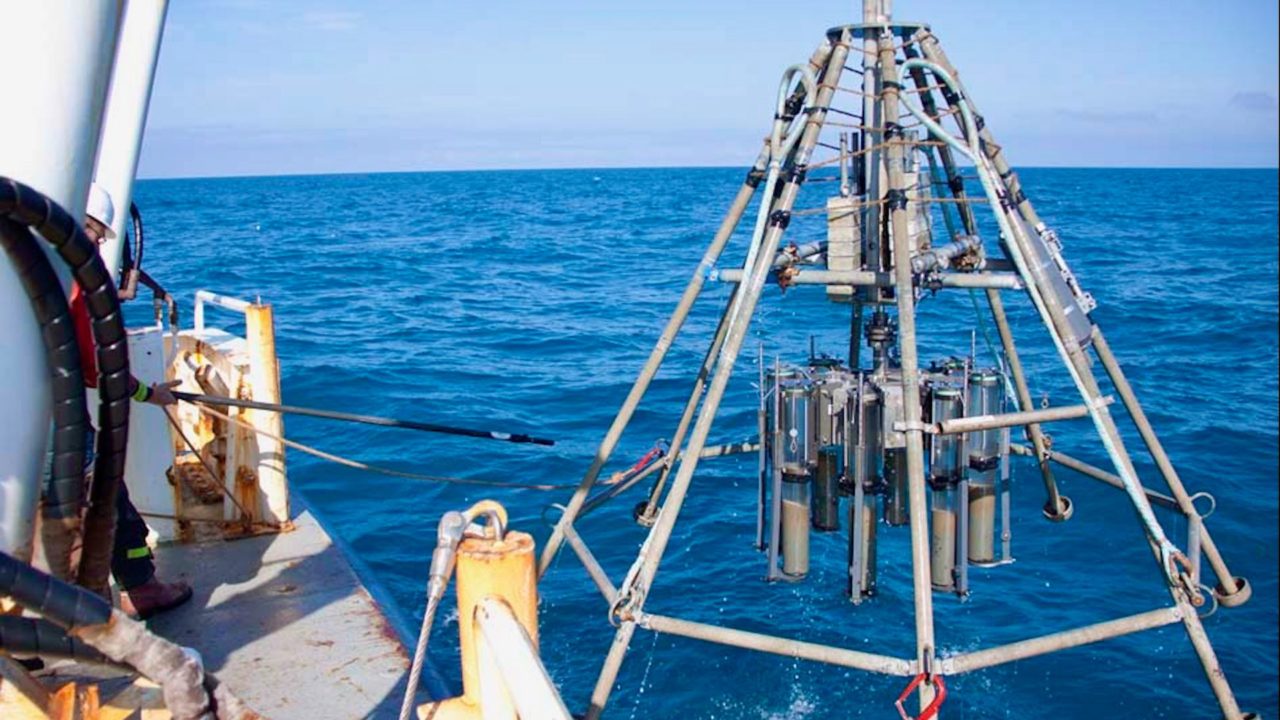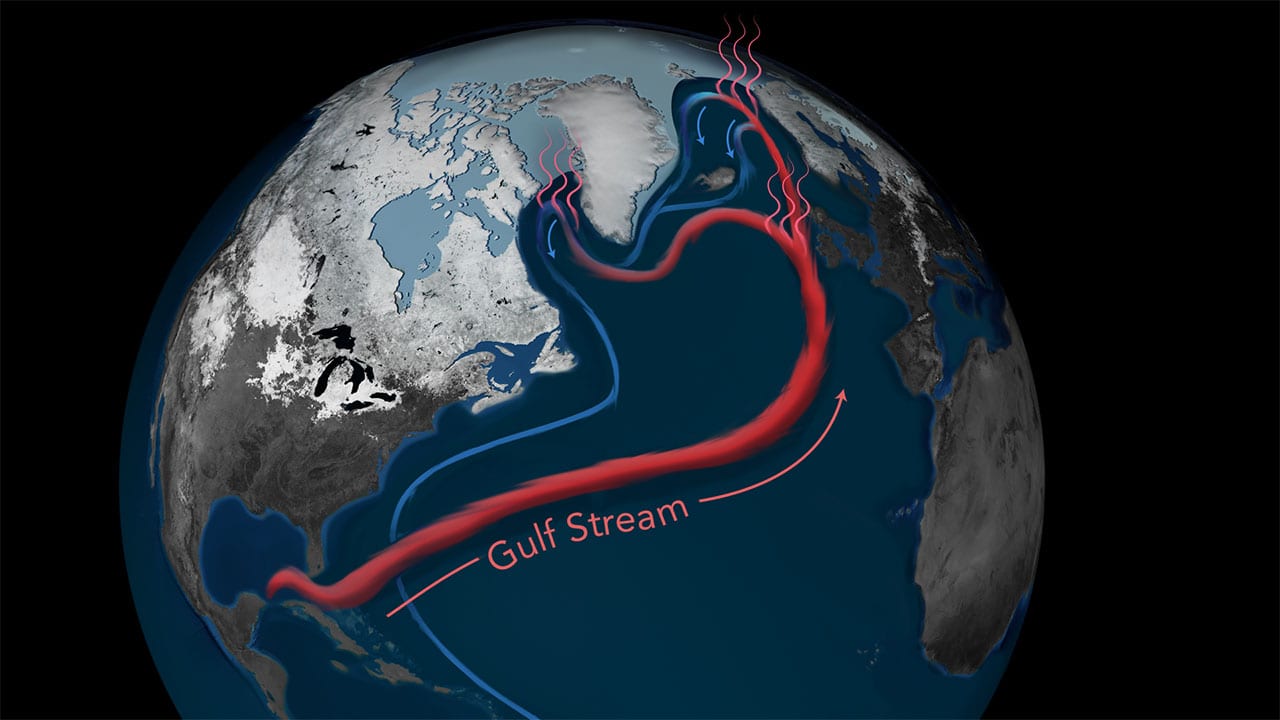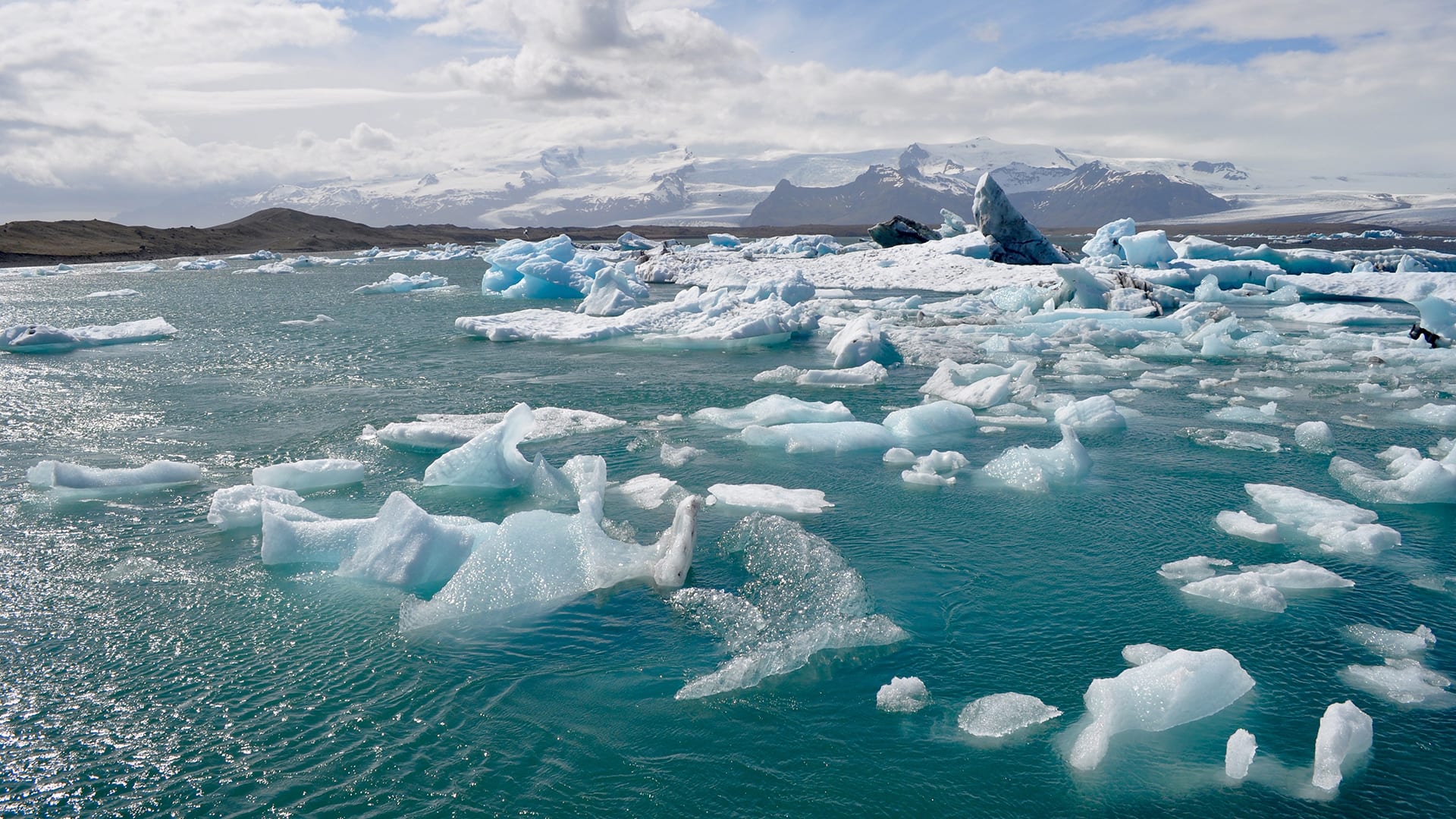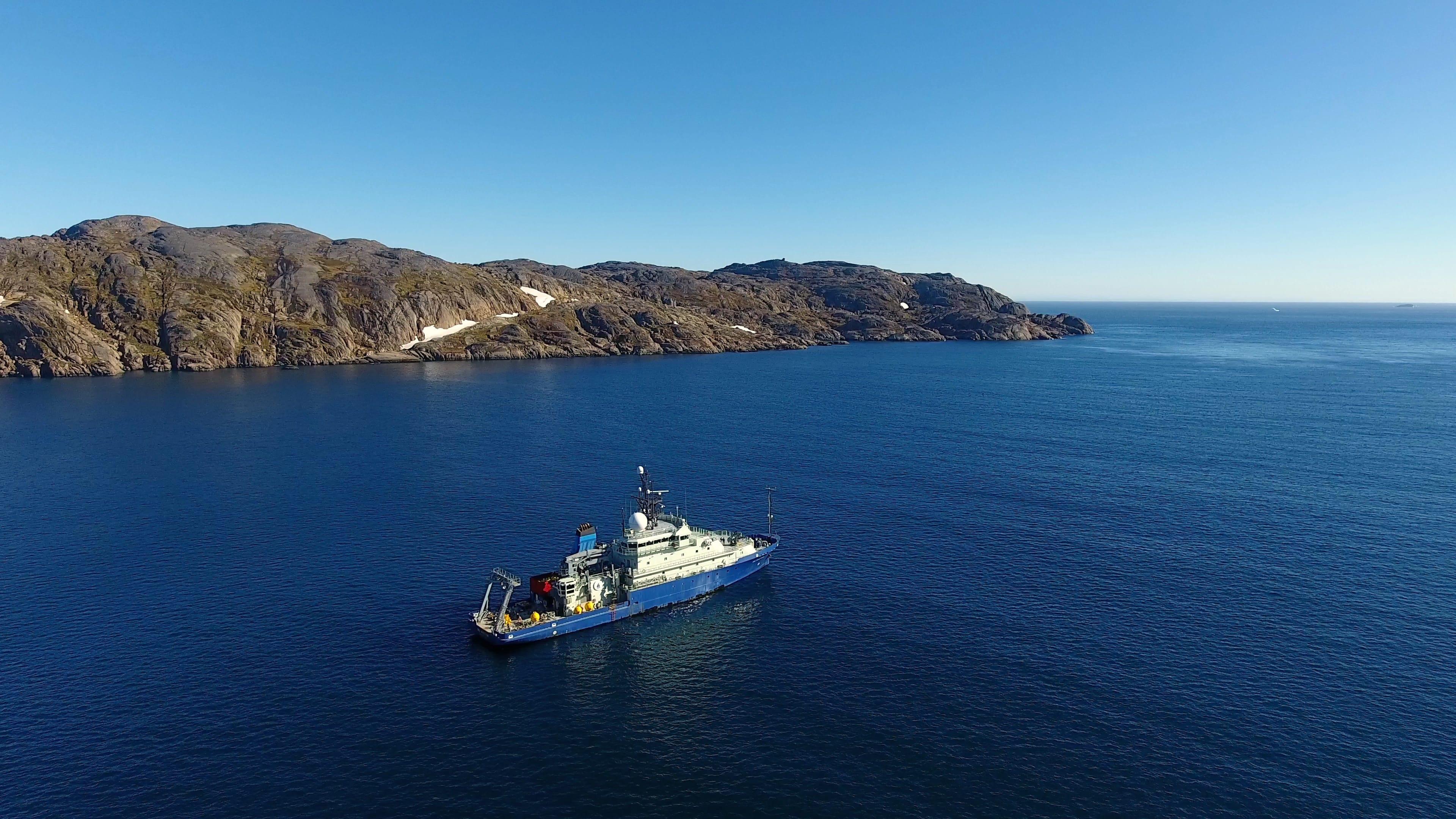News Releases
Evidence of Climate Change in the North Atlantic can be Seen in the Deep Ocean, Study Finds
Woods Hole, Mass. –Evidence of climate change in the North Atlantic during the last 1,000 years can be seen in the deep ocean, according to a newly published paper led…
Read MoreStudy Finds No Direct Link Between North Atlantic Ocean Currents, Sea Level Along New England Coast
A new study by the Woods Hole Oceanographic Institution (WHOI) clarifies what influence major currents in the North Atlantic have on sea level along the northeastern United States. The study, published June 13 in the journal Geophysical Research Letters, examined both the strength of the Atlantic Meridional Overturning Circulation (AMOC)—a conveyor belt of currents that move warmer waters north and cooler waters south in the Atlantic—and historical records of sea level in coastal New England.
Read MoreAtlantic Ocean Circulation at Weakest Point in 1,600 years
Atlantic Ocean Circulation at Weakest Point in More Than 1500 years New research led by University College London (UCL) and Woods Hole Oceanographic Institution (WHOI) provides evidence that a key cog in the global ocean circulation system hasn’t been running at peak strength since the mid-1800s and is currently at its weakest point in the past 1,600 years. If the system continues to weaken, it could disrupt weather patterns from the United States and Europe to the African Sahel, and cause more rapid increase in sea level on the U.S. East Coast.
Read MoreRate of Ocean Circulation Directly Linked to Abrupt Climate Change in North Atlantic Region
A new study strengthens evidence that the oceans and climate are linked in an intricate dance, and that rapid climate change may be related to how vigorously ocean currents transport heat from low to high latitudes.
Read MoreNew Study Reports Large-scale Salinity Changes in the Oceans
Tropical ocean waters have become dramatically saltier over the past 40 years, while oceans closer to Earth’s poles have become fresher, scientists reported today in the journal Nature. Earth’s warming surface may be intensifying evaporation over oceans in the low latitudes–raising salinity concentrations there–and transporting more fresh water vapor via the atmosphere toward Earth’s poles.
Read MoreStudy Finds Surprising New Pathway for North Atlantic Circulation
Oceanographers have long known that the 20-year-old paradigm for describing the global ocean circulation– called the Great Ocean Conveyor – was an oversimplification. It’s a useful depiction, but it’s like…
Read MoreHow Much Excess Fresh Water Was Added to the North Atlantic in Recent Decades?
Large regions of the North Atlantic Ocean have been growing fresher since the late 1960s as melting glaciers and increased precipitation, both associated with greenhouse warming, have enhanced continental runoff…
Read MoreTwo New Studies Substantially Advance Understanding of Currents that Help Regulate Climate
Two studies shed new light on a critical driver of the Atlantic Meridional Overturning Circulation (AMOC) and potential impacts of rising temperatures
Read MoreFlorida Current is Weaker Now Than at Any Point in the Past Century
A key component of the Gulf Stream has markedly slowed over the past century—that’s the conclusion of a new research paper in Nature Communications published on August 7. The study…
Read More$8.3M award to WHOI extends observational record of critical climate research
The National Science Foundation (NSF) recently awarded $8.3 million to the Woods Hole Oceanographic Institution (WHOI) to extend the life of the Overturning in the Sub-polar North Atlantic Program (OSNAP) in a key part of Earth’s ocean-climate system.
Read MoreA Look Back and Ahead at Greenland’s Changing Climate
Over the past two decades, ice loss from the Greenland Ice Sheet increased four-fold contributing to one-quarter of global sea level rise. However, the chain of events and physical processes…
Read MoreNewly Discovered Icelandic Current Could Change North Atlantic Climate Picture
An international team of researchers, including physical oceanographers from the Woods Hole Oceanographic Institution (WHOI), has confirmed the presence of a deep-reaching ocean circulation system off Iceland that could significantly influence the oceans response to climate change in previously unforeseen ways.
Read MoreSurprising Return of North Atlantic Circulation Pump
One of the “pumps” contributing to the ocean’s global circulation suddenly switched on again last winter for the first time this decade, scientists reported Tuesday (Dec. 23) in Nature Geoscience.…
Read MoreFine-tuning the Steps in the Intricate Climate Change Dance
New scientific findings are strengthening the case that the oceans and climate are linked in an intricate dance, and that rapid climate change may be related to how vigorously ocean…
Read More





